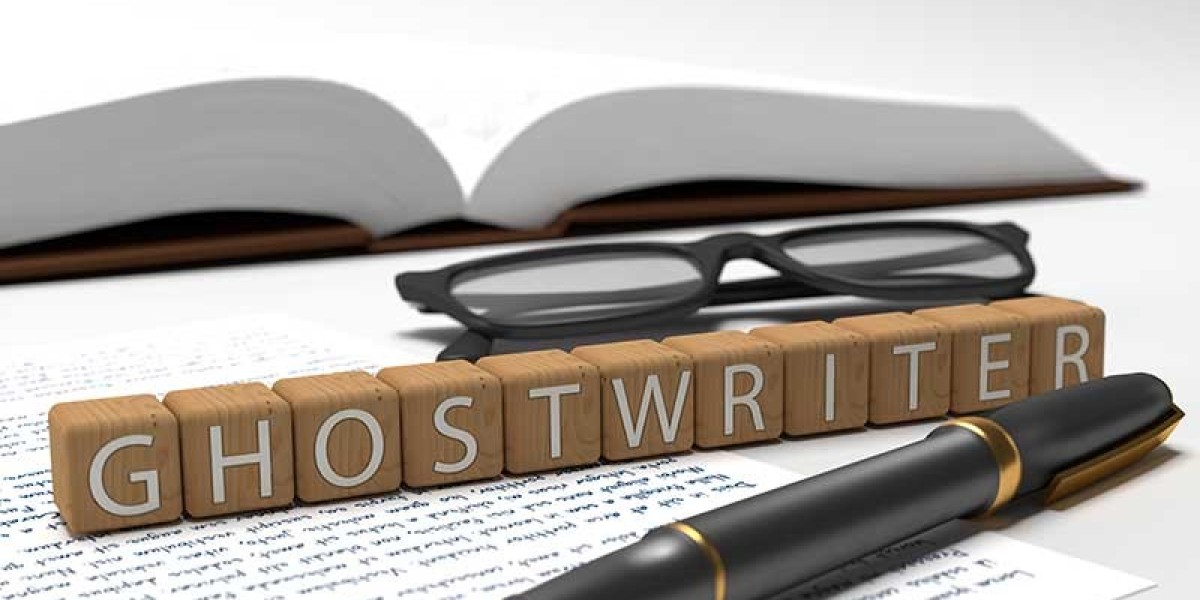Therapeutic modalities are the different types of treatments used to address an individual’s addiction. Addiction is a complex disorder and often has multiple layers of issues that must be addressed for an addict to recover fully. Treatment modalities are often combined with each other and individualized to meet the needs of each individual client.
Treatment modalities may include psychotherapy, group therapy, recreational therapies and other supplemental services that are designed to help an individual find a more healthy way to cope with the problems they face. These supplemental services are intended to help an individual develop the skills necessary for long-term recovery and to overcome the issues that led them to begin abusing drugs or alcohol.
One of the most common and effective modalities for addiction is psychotherapy, also known as talk therapy. This type of treatment involves meeting with a licensed professional, who will listen to your story and work with you to identify the root causes of your addiction. You will learn to recognize triggers that might cause you to relapse, and develop coping mechanisms to avoid relapse in the future. Various psychotherapy techniques are available, but two of the most commonly used are cognitive behavioral therapy and dialectical behavior therapy.
Another popular addiction treatment modality is group therapy, where clients participate in a group session and encourage each other to share their own experiences with drug abuse or mental health issues. This is a very effective method for building trust and creating an environment of support and accountability. During group sessions, an experienced therapist will guide the discussion and provide feedback to participants. Group therapy can be an invaluable tool in the recovery process, and many people say that it was instrumental in their success in treatment.
Recreational therapy is a common form of addiction treatment that involves activities like meditation, yoga and exercise as ways to reduce stress and increase self-esteem. These methods are designed to help individuals find a sense of purpose in life and to build a strong support network as they continue their recovery journey. In addition to recreational therapy, a comprehensive addiction treatment program will typically include educational and vocational therapy as well as case management services to assist with housing and employment.
There are a number of other treatment modalities for addiction, such as motivational interviewing, which helps an individual resolve ambivalence and insecurity in order to become motivated to change their addictive behaviors. Rational emotive behavior therapy is a similar technique that can help an individual change irrational thoughts that might trigger substance use.
Behavioral modification is another effective addiction treatment modality that helps you replace unhealthy habits with new, healthier ones. It can take time to replace old neural pathways with new ones, but this type of treatment is effective for reducing drug and alcohol abuse. It also addresses underlying mental health disorders that may have contributed to your addiction. Relapse prevention therapy is a vital part of this treatment modality, helping you recognize and understand the stages of relapse so that you can prevent drug or alcohol relapse in the future.



